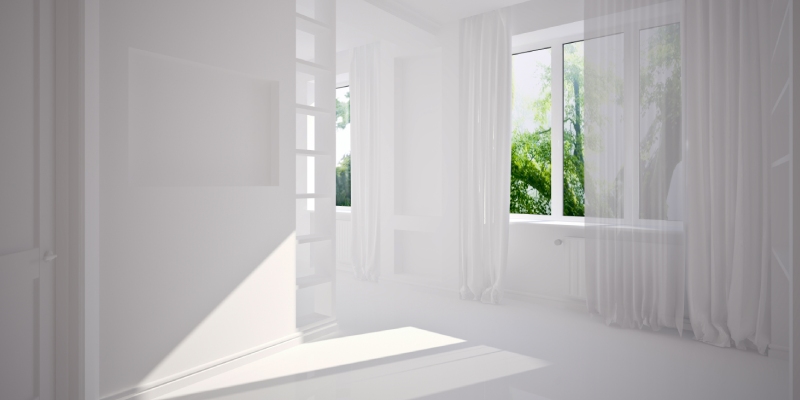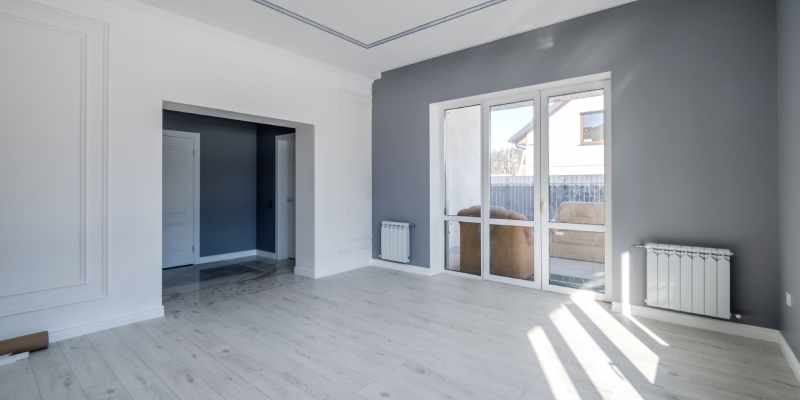INSTALLATION
One big advantage of drywall is that it is faster and easier to install than traditional plaster. Traditional plaster requires a skilled plasterer to apply three coats of plaster over a framework of lath strips. Do-it-yourselfers, on the other hand, can install drywall on their own and find a local professional to complete the taping and finishing. Do not attempt to do this part of the task on your own unless you are experienced.
DURABILITY
Drywall is more stable than plaster, but it is not as durable. Drywall is thinner and has joints — plaster does not — making it more prone to dents and holes, but drywall is easy to repair. Use a drywall patch or joint compound to fill in dents.
Another benefit of drywall is that it is fire-resistant because it is made of a mineral called gypsum. Plaster is also fire-resistant, making both choices better than other building materials.
AN ADDITIONAL LAYER OF PROTECTION
Drywall provides an extra layer of protection between rooms and from the outside world. Its density makes it a great barrier for sound and the elements. It also gives you the option to add insulation.
Even though drywall boards are thin, you might be surprised at the difference they can make, especially on an exterior wall. Drywall helps greatly reduce drafts, especially during cold and windy seasons. This extra layer will also help you retain the temperature of your home. The barrier will help keep the air you have cooled or heated from escaping through exterior walls.
Adding drywall in interior rooms and on ceilings does an amazing job at dampening sound. The drywall acts as an insulator for the sound, reducing echo. It also reduces the ability of sound to carry from room to room. A layer of drywall on the ceiling significantly cuts down on the noise that comes down from the floor above.
ADDED SAFETY FEATURES
Drywall has some helpful built-in health and safety features. It can make a space safer and keep it cleaner. You can even choose boards made with specially enhanced safety benefits.
Adding drywall can make your structure less susceptible to fire damage. The gypsum that drywall is made of is naturally fire-resistant and there are boards made with increased fire resistance ratings. Drywall also creates a barrier that can slow the spread of flames from room to room. The drywall boards reinforce walls, making it less likely that an area will collapse as quickly in the event of a fire.









Leave a Reply